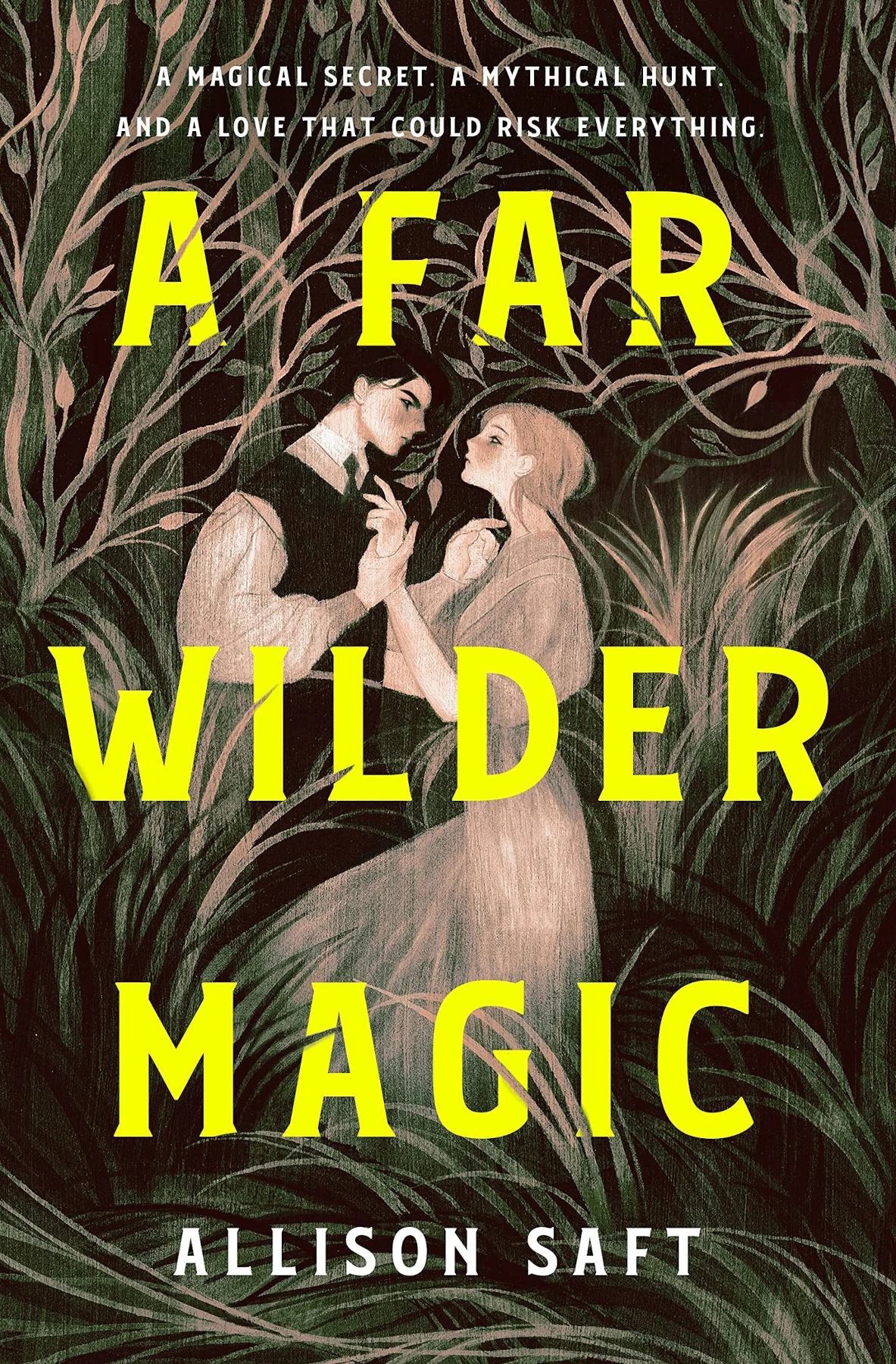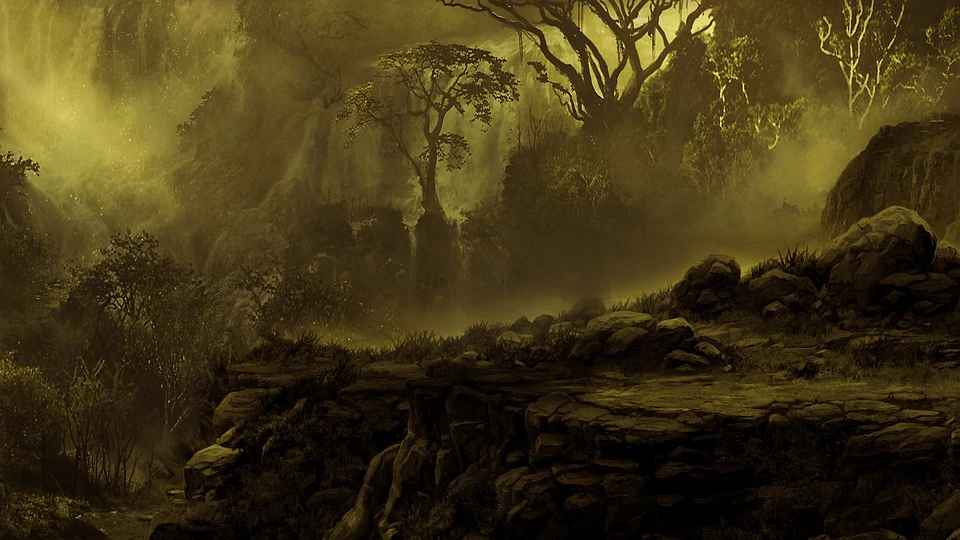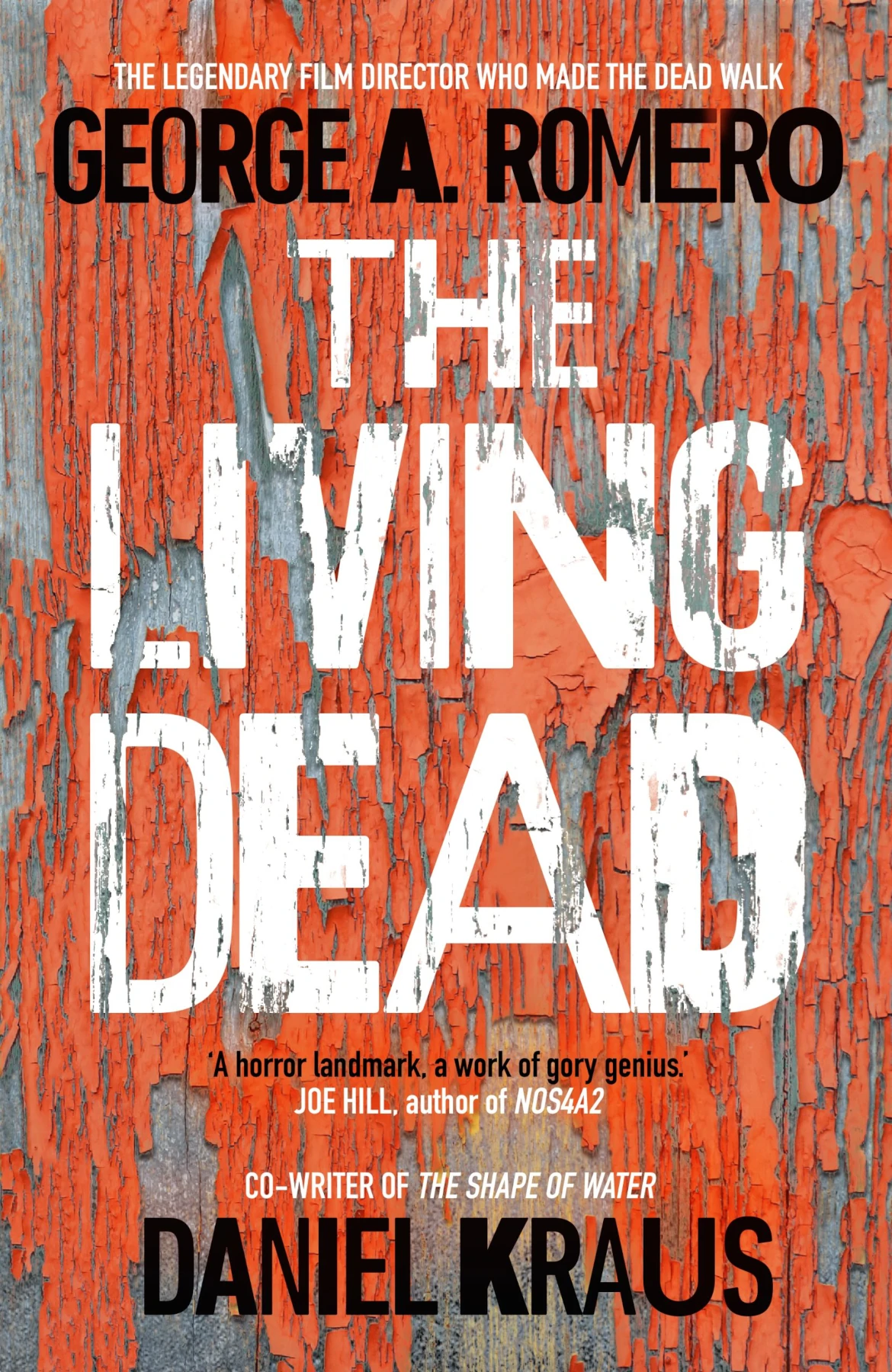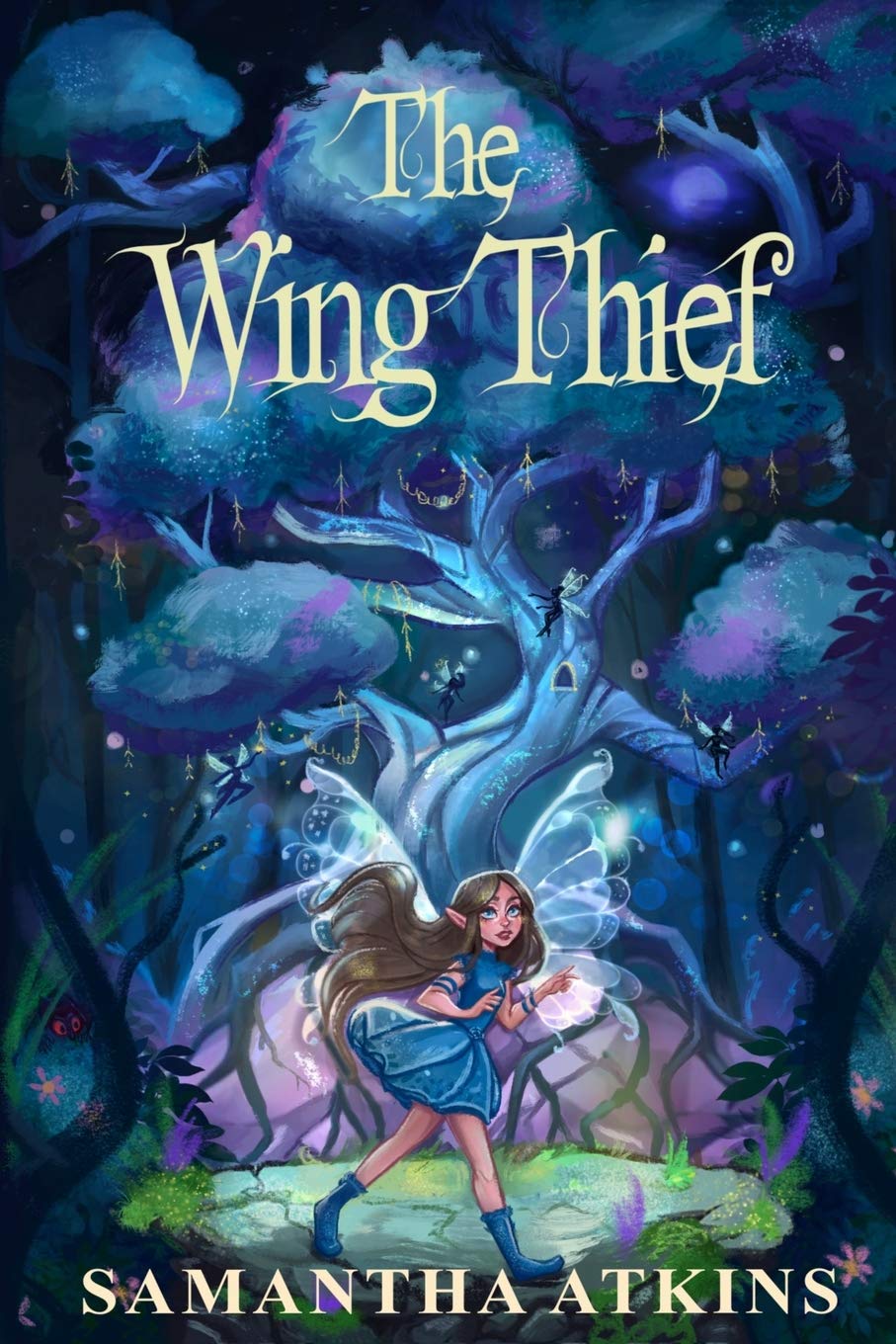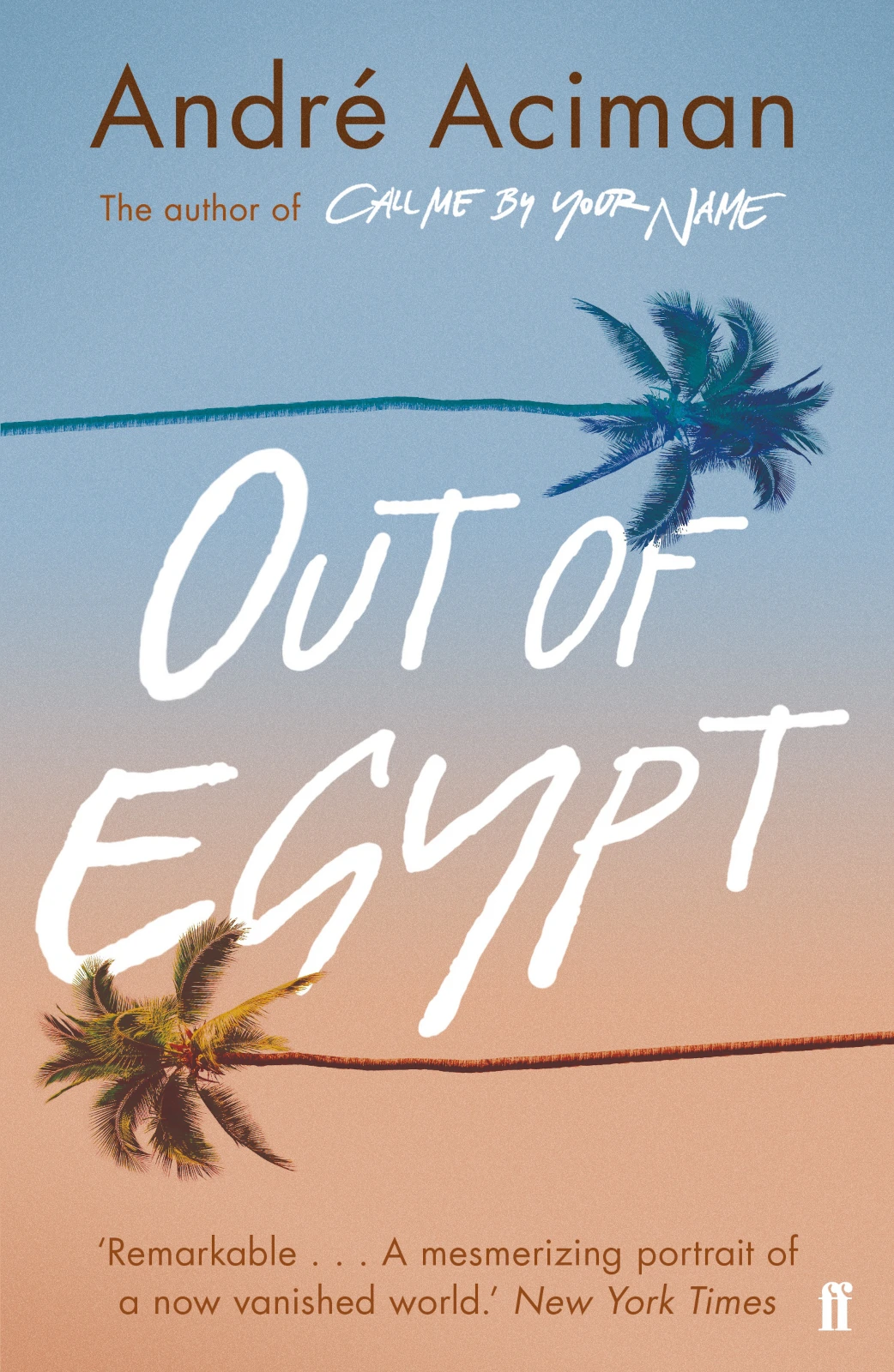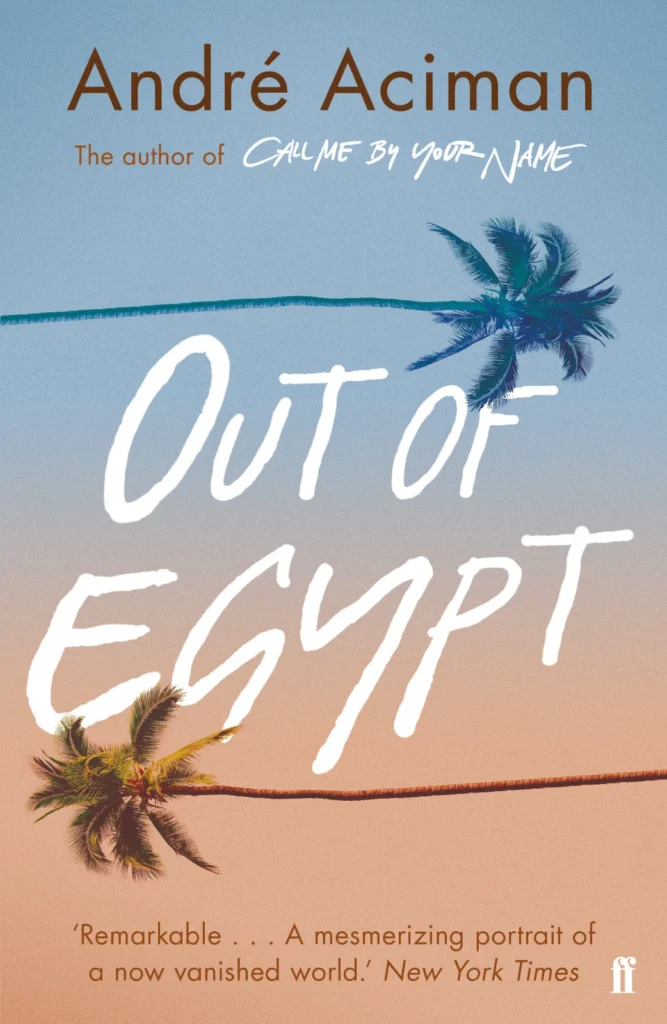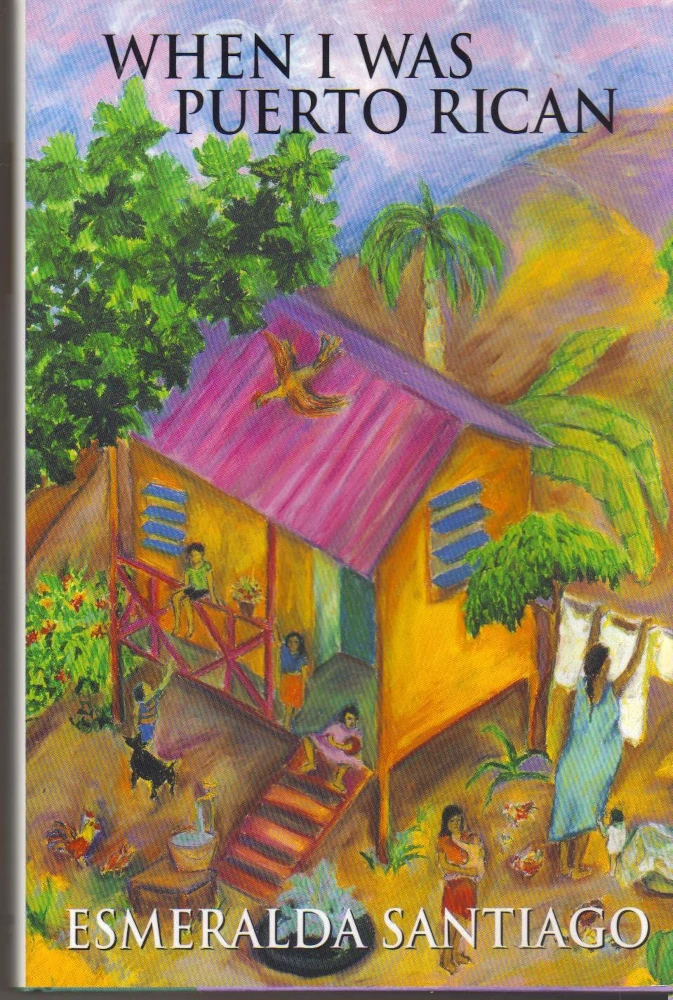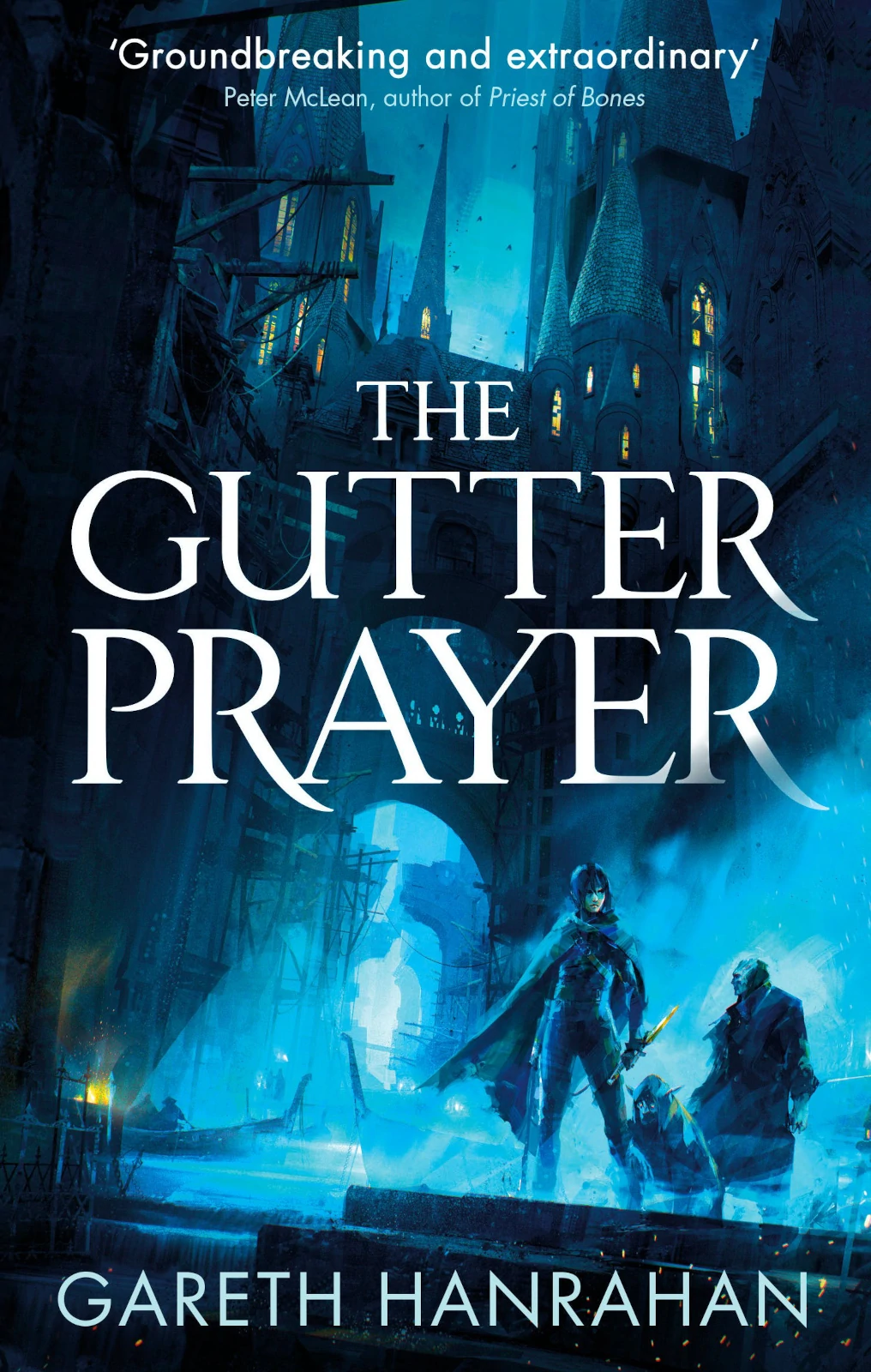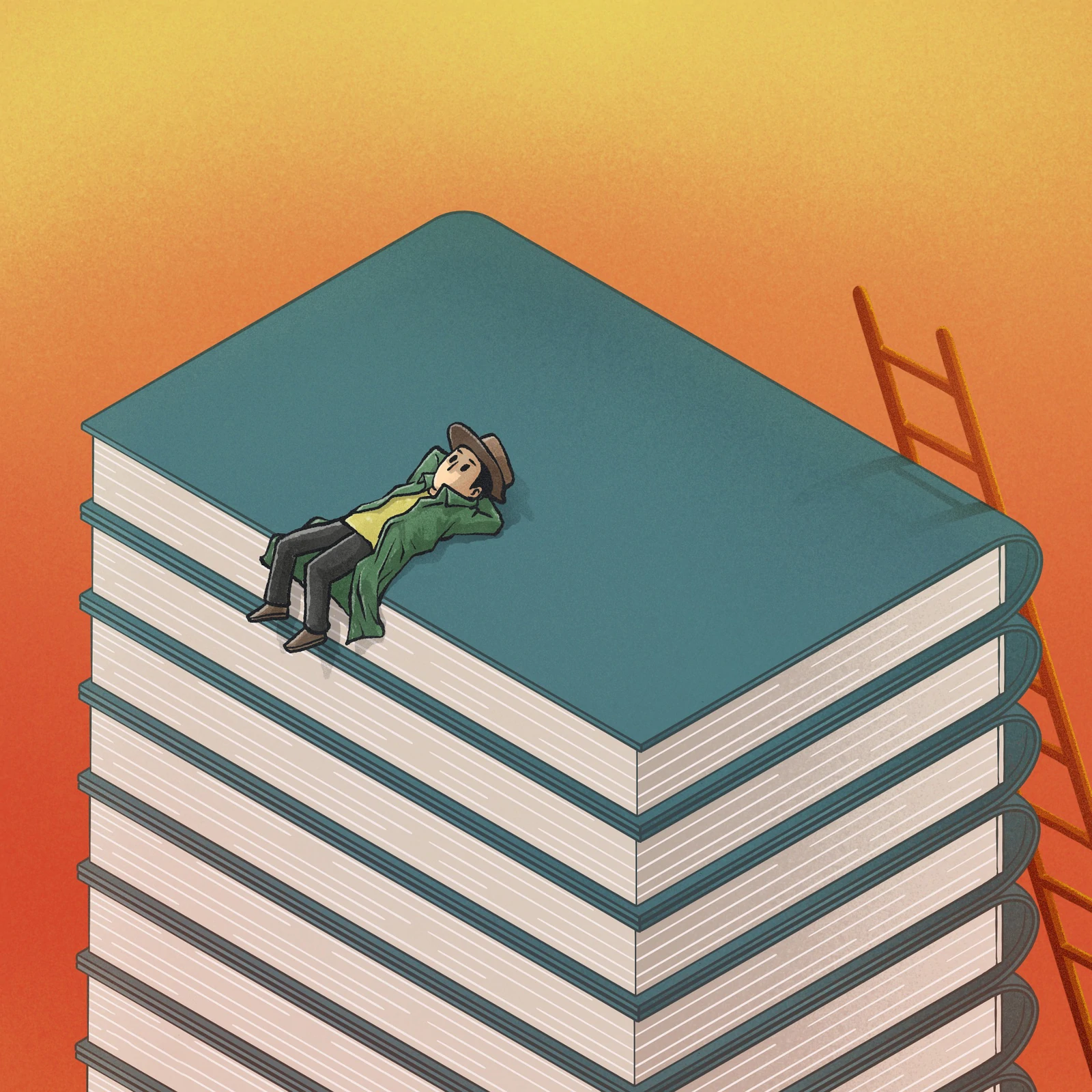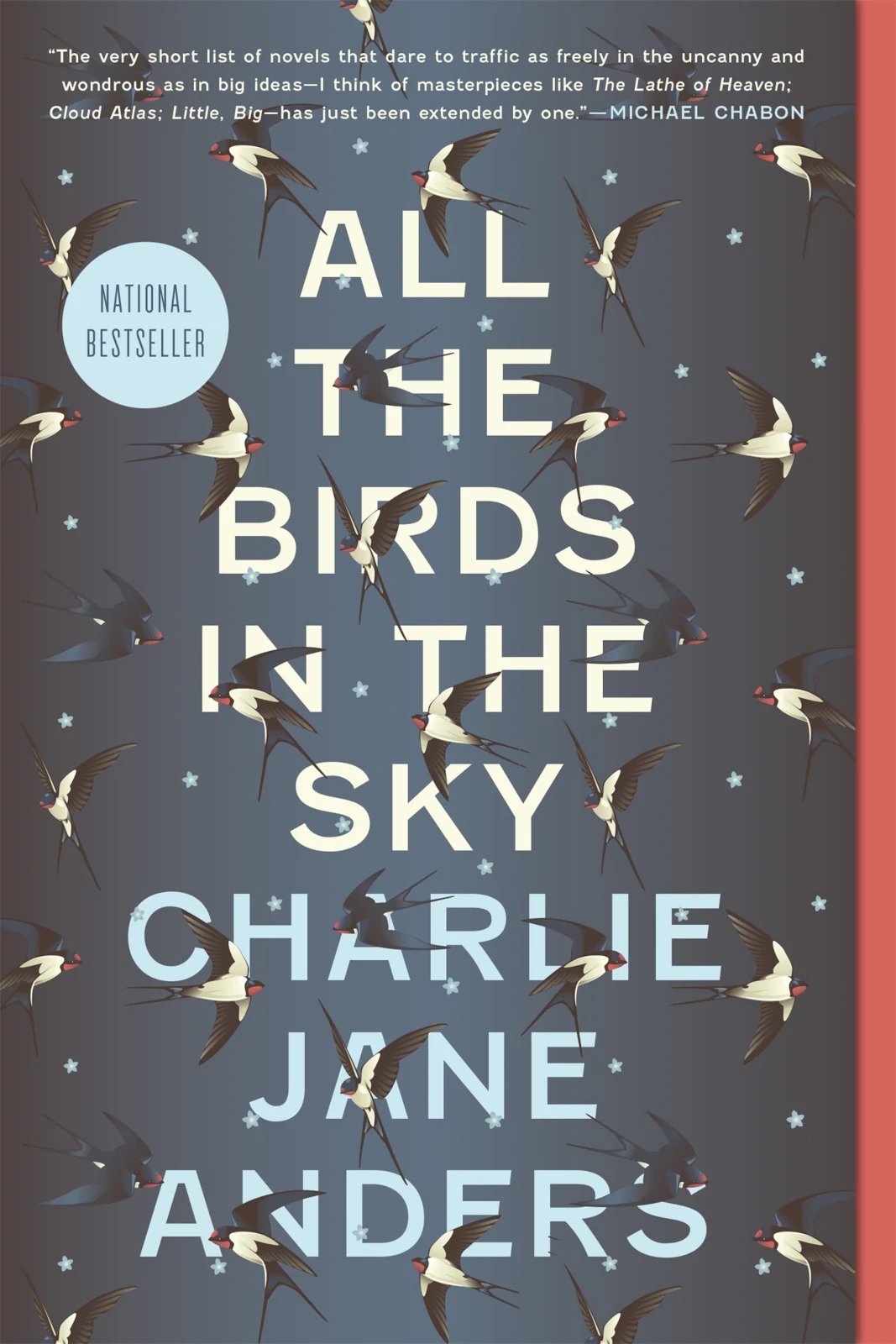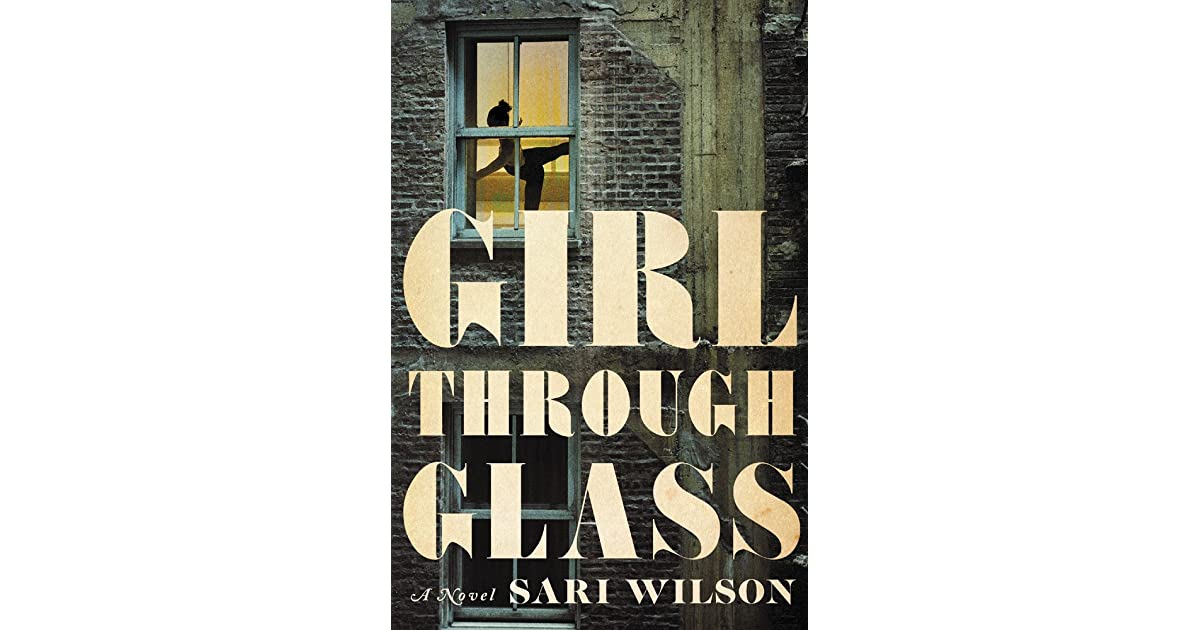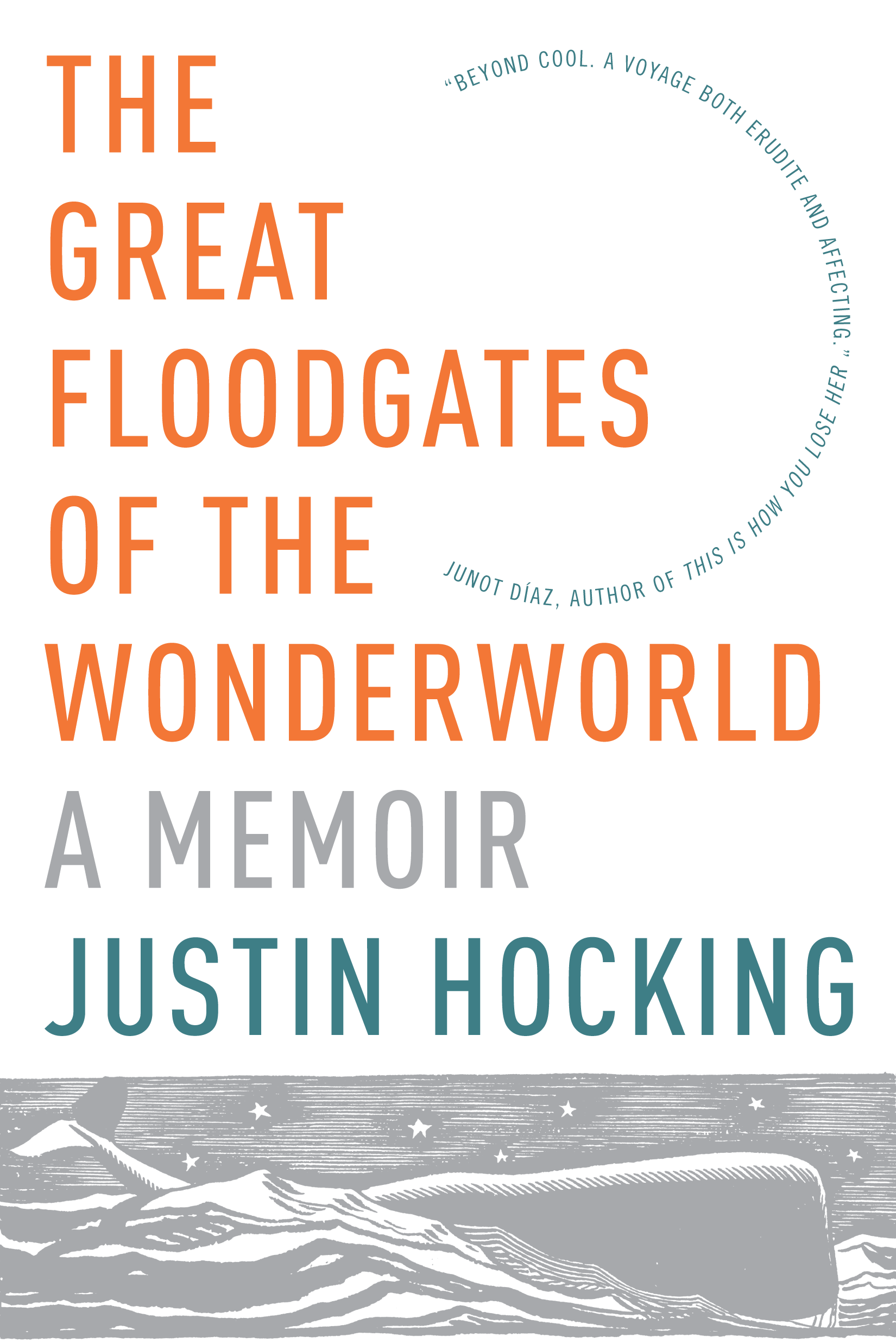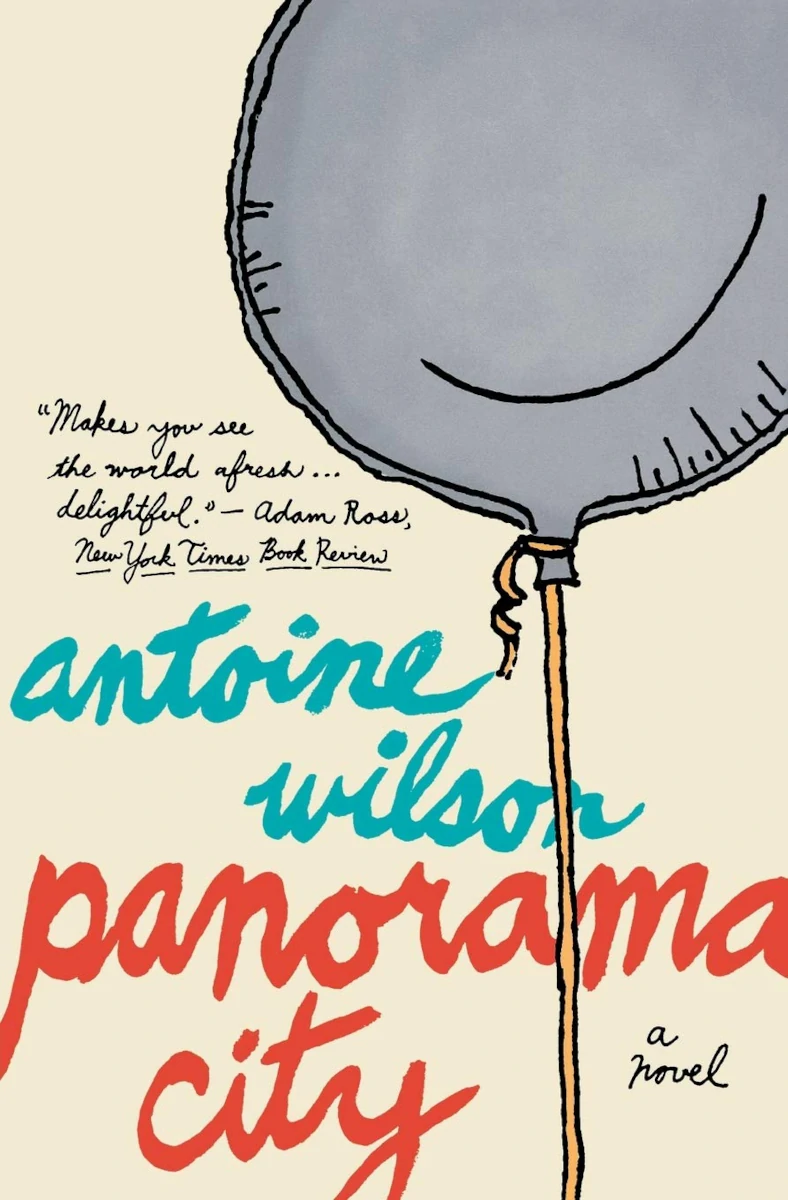Winner of the Summer 2019 Short Story Contest.
I
*
“There!”
Second Lieutenant Yoshimura adjusts the camera lens, twisting the blearing green into a sprawling jungle.
“Pitch right!”
The Nakajima Gekkō turns languidly in the cloud-flecked azure. Below, the verdant New Guinea highlands curl and crest.
A gap in the foliage drifts into Yoshimura’s crosshairs. He sees the sandy vein hemmed with lean-tos, barrels, and palm clumps. The Americans scatter like exposed roaches.
“Bastards,” he snarls through his rippling scarf. “We’ve been shelling the Huon Gulf to desert while they’ve been building under our noses.”
He hammers the camera trigger as if the whirring little box might hurl down bolts of lightning.
“Sir, are you sure it’s not a hunter’s camp?” Warrant Officer Iwaki calls back from the pilot seat. “Hinode reported seeing a few straw hovels on his last run.”
Yoshimura leans back into the plexiglass bubble.
“Of course! How could that shit worm mistake an airfield for a few hovels? Get on the horn and re-route Tsukahara and Juhei Company to Tsili-Tsili. Tell them…”
Flashes.
Flickering constellations trail up from the canopy and dissolve into the stratosphere. Some of the little stars burst as they rise, splotching black cumulus amidst the white.
Yoshimura steadies his camera. He sees the sparking barrels where the palm clumps had been. “Dive!”
Iwaki rolls the Gekkō into the raking embrace of a fresh salvo. The sun emblazoned on the starboard wing is maimed to a sucking crescent.
With numb resignation, Iwaki pulls to correct. The right propeller issues a fiery death rattle. The plane dies screaming, marring the sky with an acrid plume.
II
*
Iwaki inhales.
His dilated pupils are made manifold by his fractured goggles.
Gradually, his flight suit inflates with a prickling sensation. The reek of sap and fuel congeals in the cockpit.
Slowly, the doubled shapes coalesce and he can see a dense shroud of earth clods and fronds. Pushing aside the leafy branches that have pierced the glass, he probes the crystal-powered Toyo transmitter and the miniature transceiver beneath. He coaxes out a brief and muffled fizzing. Nothing more.
“Fucking round-eyed dogs.”
He turns to see Yoshimura picking the shrapnel from a wound charred and deep.
“Iwaki,” he grunts, “are you injured?”
“No, sir. Your leg…”
Iwaki fishes a wad of bandages from his knapsack.
“Never mind that. The enemy will be here soon. Transmit the coordinates at once.”
“Radio’s dead, sir.”
“Both of them?”
Iwaki swallows dryly.
“Yes, but I have a map of the ranges. Squad four from Tsukahara Company has a forward base not too far from here. Shouldn’t take more than a three-day trek. Think you can move?”
Yoshimura snatches the bandages and proceeds to bind the gash. “Without question!” he winces. “I’d gladly crawl through the sixteen hells to get these coordinates to Wewak.”
With agonizing haste, they kick and tear at the green limbs that have transfixed the plane. Gradually, the undergrowth is unveiled – a vine-choked hall of ferns and splintered trunks.
Its unseen denizens chirp and chitter, indifferent to the arrival of the great bird and the ragged apes it has delivered.
**
They keep to a wary gait with Iwaki on point and Yoshimura hobbling behind on a beech bough crutch. Lordly thickets of maple silkwood fall before their blades. The peg trees do not give so easily, drawing deep cuts and curses with their serrated bracts.
They lumber down hillocks and ford gullies nebulous with mosquitoes. Packs atop their heads, they slosh through shallow pools. Pompadoured hornbills cackle at the ungainly waders below.
At night they light no fire.
***
Dawn.
Another hillock. More thorny sentinels to slay.
“Yoshimura, sir. I heard you were with the Third Field Kempeitai in Manchukuo.” Iwaki’s voice strains as he stretches his back and fastens his satchels. “That’s really something. How’d you end up on this shit heap?”
Yoshimura fixes him with a jaundiced scowl.
“This is no time for frivolous talk. Have you forgotten that these highlands are swarming with Americans? Australians too? Want to draw them to our position? Eh? Remember, if the enemy emerges you must be prepared to kill yourself without hesitation. Keep your mouth shut and your eyes up. I thought I heard some monkeys chattering earlier.”
Iwaki nods. He helps Yoshimura over another mossy crag.
“Yes, sir. To tell you the truth, I didn’t know monkeys made for good eating. Wouldn’t we be better off foraging?”
The crutch slips on the wet grass and again Yoshimura tumbles to a gasping heap.
“I guess the brass don’t expect you pilots to live long enough to need field training,” he says as Iwaki lifts him. “Remember, what a monkey can eat a man can eat also. Forage blindly in the scrub and you’re sure to be poisoned. As for me, I want to die a good death.”
****
“Water… Water…”
Iwaki sets Yoshimura down beneath a milkwood tree and hands him his canteen. He sees the maggots pulsing through the purpling bandages and the thought of rice makes his belly quake hollowly.
“Iwaki…” Yoshimura wheezes, his face as haggard as his field cap. “It’s been eight days. We should’ve reached someone by now… A camp… A dugout…”
The canteen falls from his scabrous lips.
“We’re close,” Iwaki insists, unfastening the leather binds of his map flask. “This is hill 3093. I know it. Squad four may have been annihilated, but that’ll mean reinforcements…what is it?”
Yoshimura’s eyes have grown wide. He extends a quivering finger.
“Look…”
III
*
He hears them click and murmur before he sees them.
Their spectral arms and legs sprout from the gaps between the cycads.
They emerge, taut and cautious, broad noses pierced with grass stems. Their scarified bodies are daubed with a shimmering, chalky resin.
Most carry smoking bowls. Some flex bows of bundled reeds.
“Headhunters…”
Yoshimura wrenches his Nambu from its holster and levels it at the nearest phantom.
“Wait!” Iwaki hisses, pushing down on the barrel.
“Idiot! They’ll eat our flesh!”
“They would’ve killed us by now if they’d wanted to.”
One of the men bearing the bowls ventures nearer. He keeps his deep-set eyes fixed to the earth, as though the pair emitted a blinding luminance. After genuflecting, the man points timidly at Yoshimura’s wound. He takes some of the smoking powder between his fingers before gesturing again.
“They want to help us.”
“It’s a deception,” Yoshimura barks, but when the man applies the healing balm, he can only whimper.
Emboldened, several more figures step forth offering leafy bundles of papaw and sago. Tears burst from Iwaki’s eyes and he bows low before his chuckling saviors before tearing into the bounty.
**
When every morsel of the sweet pulp is consumed, the painted men beckon towards the trees. Four more men arrive carrying palanquins laden with orchids and straw pillows.
“They want us to go with them,” Iwaki says, jumping to his feet.
“Warrant Officer Iwaki! You’ll not move from this spot and that’s an order!”
A brown and frothing liquid is pressed to Yoshimura’s lips. He splutters as it courses down his gullet. Iwaki is given a calabash of water.
“With respect, sir… I don’t think we have much choice. It looks like they’ve dressed your wound alright. They may even be able to tell help us find Tsukahara Company.”
Yoshimura stabs the earth with his crutch.
“You dare disobey!”
Seeing his floundering efforts to stand, two of the painted men lift Yoshimura effortlessly and set him upon the palanquin like a sore child. Iwaki cannot suppress his laughter.
***
The singing procession bounds across the ridge.
Below them, traces of the valley can be seen through breaches in the drifting mist. There are signs of habitation also. Thatched roofs. Tiered spires. Totems, winged and regal, their features smeared by the haze.
“Looks like quite a village!” Iwaki exclaims.
“Beautiful,” Yoshimura slurs, taking another swig of the brown potion that has banished his terror and replaced it with cheerful inebriety. “Just like Shirakawa in late summer.”
They descend and cross a rope bridge over a vaporous chasm. A river thunders somewhere below, charging the air with fecund odors. When they reach the other side, the singing of the painted men breaks into a whooping and the echoes that return are not of their making.
IV
*
Slit drums rattle beyond the earthen palisade.
At last, the gate is shunted open and the ecstatic populace rushes at the procession like dam waters to a fissure. They cheer and weep and redden the air with dancing. Their pink-palmed hands stretch out toward the bemused khaki aliens swaying in the palanquins, as if their touch might confer a blessing. Bawling babes are held aloft and passed toward the front.
“A fine reception!” Yoshimura declares. He raises his slopping gourd approvingly before downing another gulp.
“Yes, sir,” says Iwaki, waving to the crowds and receiving a fresh coating of bladderwort confetti. “Perhaps they think we’re gods or spirits.”
“Gods? That’s intolerable.” Yoshimura buries his chin in his chest. “We must make it known to these brutes that there is but one heavenly being in this world and he resides on the immortal isle of Honshu.”
A battalion of warrior sentinels keep the heaving throng at bay. Their plumed headdresses whip vicious rainbows as they caution with clubs barbed with crocodile teeth. Gradually, the petal-caked procession makes its way deeper into the village. They pass huts borne uncertainly on stilts and trample groves of smoke bean. Lean swine watch them pass indolently from their sties. The high wigmen watch also, their painted faces stern beneath their quilled crowns.
**
After much clamoring, the crowds begin to abate and the great court at the heart of the village broadens before them. It is guarded on either side by bristling towers enclosed in creeper scaffolding. The land divers atop welcome the procession with whooping exaltation before plummeting, arms crossed, to the earth. The vines fastened to their ankles snatch them from death by mere inches. Iwaki and Yoshimura do not see them. They stare slack-jawed towards the center of the court.
“But… how did they move it?”
There, perched upon a stone altar, the Nakajima Gekkō looms in resurrected splendor. Its crumpled body has been plastered with clay and decorated with speckled cowries. White-circlet motifs of animals and plants bloom from nose to tail.
Around the craft, a small squadron of wicker airplanes has assembled. They too are finely worked fetishes, with wings adorned with geometric bands, wavelets, and wide-eyed grotesques. When the men that sit in them see the palanquins approach, they leap to prostrate themselves.
Yoshimura and Iwaki are helped down and led over to these men who proceed to speak in hurried, anxious tongues, gesturing first at the Gekkō and then the sky.
“We don’t understand,” Iwaki intonates.
They are ushered closer to the Gekkō and the gesticulations grow more urgent. Yoshimura recoils.
“I think they want us to help them get their model planes into the air,” says Iwaki, his voice quavering. “I think they believe our plane can get theirs to work. That’s why they brought it here. That’s why they brought us.”
A sobering dread hardens Yoshimura’s features.
“But that’s ridiculous,” he says, draining his gourd dry. His attendants jostle with one another to refill it.
“Sir, look at these charms and trinkets. They may think that aviation is all a matter of magic. I bivouacked with a fellow in Salamaua who told me there are tribes in the highlands who have no knowledge of the world beyond the sea.”
Yoshimura grabs the back of Iwaki’s collar.
“You fucking rube. Still think it was a good idea to put your trust in these apes? Stall them! If they find out we’re powerless to help, they’ll butcher us for sure.”
The beseechers advance further, forcing the men from the sky up onto the altar. Though a great scroll of options and angles unfurls behind Iwaki’s eyes, he can settle on no solution save a placating grin.
Then he hears it, sputtering feebly within the cockpit, and his thoughts interlock like rifle parts.
***
“I thought you said both were dead…”
Iwaki shoves past Yoshimura, plunging into the cockpit and yanking the battered miniature transceiver from its casing. He works with a surgeon’s finesse as he pores over the calibration charts and makes minute corrections to the dials. Upon the seventh configuration, the current meter glides slowly to the green and a steady whine emanates from the headset.
“Signal!”
Iwaki throttles the Morse key.
IMMEDIATE AERIAL BOMBARDMENT REQUESTED IN TSILI-TSILI. COORDINATES…
He fumbles with the map, carefully tapping in the grid digits as his sweat forms dark pools across the crumpled paper.
An agonizing silence follows. Expressionless faces stare down from the canopy dome.
“Damn it all…”
Before Iwaki can adjust the tuning knob, the reply trills through the wire.
‘SENDER. CONFIRM AUTHORIZATION.’
His thumb darts. He gives his name, rank, and unit. He conveys the orders relayed to him and Yoshimura at Wewak and cites the proper signal codes of the 41st. The reply is almost instantaneous.
COORDINATES RECEIVED. JUHEI 283 ENCAMPMENT WILL RELAY DEPLOYMENT REQUEST IMMEDIATELY. CONFIRM CURRENT POSITION.
The watchers hear Iwaki’s whoop of jubilation and begin to mutter keenly.
PRECISE COORDINATES UNCERTAIN. CURRENTLY RESIDING IN VILLAGE APPROXIMATELY EIGHT MILES SOUTH OF HILL 3093. REQUEST IMMEDIATE EVACUATION SUPPORT. POTENTIAL HOSTILE NATIVE PRESENCE HIGH.
The current meter begins to quiver.
AFFIRMATIVE. AWAIT SUPPORT. JUHAI 283 TO PROCEED…
A sparking belch cuts short the communication, filling the cockpit with an acrid stench.
****
Iwaki ascends through the canopy dome and stands atop the airplane. The crowd erupts.
“Wait! Please wait a moment!”
He moves his arms in a wide, scooping gesture of placation.
“We’ve called more planes! More planes will come soon! Please be assured!”
Yoshimura watches the futile pantomime with growing anguish. His fingers drum against his holster.
“Useless.”
Unsheathing his pocketknife, Iwaki clambers down from the altar and proceeds to draw in the dust. He etches first the plane and then a chain of concentric arcs arising from it.
“The planes you have built. No good.”
He motions to the wicker idols and crosses his arms before returning to the drawing.
“Our plane will bring more like it. They come soon. Four or five days.”
The blade furrows the crumbling likeness of sun and moon before connecting them with curving arrows. Iwaki then draws more planes, indicating their trajectories deeply in the earth before holding up his fingers.
“Four or five days. Then they come. See?”
The men begin to smile.
V
*
Blazing torches carve the twilight. The procession ascends to the great lodge, parting a flickering mosaic of faces. Some are squinched with weeping. Some are blank, exhausted. Each adds to the solemn canticle portioned long and even by the drums.
“Four or five days? That’s what they said?” sprays Yoshimura. He throws his arm over his comrade’s shoulder and leans into him with unwieldly urgency.
“Well… no sir,” Iwaki smiles awkwardly, cautiously nudging his reeking superior away from his palanquin. “After I told them where I believe we are, they said to await support. Then I… I was cut off. In any case, it shouldn’t take them more than three days to sweep this area. We’ll need to make sure our hosts are happy until they arrive. Keep an escape route open. Even if they think we’re gods, we’ll need to be vigilant if we want to prevail. That’s my assessment, sir.”
Yoshimura gives a snort before slumping back onto his grass pillow.
“You insult me! Don’t think that I’m neglecting my martial duties just because I’m drunk. I’m as vigilant as ever! The stuff’s made my leg feel just swell. Don’t believe me, eh? I’ll kick your ass, you millet muncher, then you’ll see.”
The stars swirl and eddy until the night seems to teem with great unblinking eyes.
“Besides, we’ve already prevailed.”
**
The young headman speaks no word of greeting to the two perspiring divinities raised above his throne. Though the corner of a sneer rises from the scallop shell that hangs from his nose, his eyes betray his apprehension. One by one, the wigmen rise to approach their sovereign. Their whispering petitions intensify until his scepter scatters them back to the corners of the throne room. Then, as if compelled by burning brands, the headman discards his kumul-feather headdress and kneels before the palanquins.
“That’s good,” Yoshimura beams, raising his gourd. “The Imperial Army graciously accepts your obeisance. Welcome to our sphere of co-prosperity. Kanpai!”
***
A third trencher is passed before the gods, piled high with boiled sweet potato and river fish crowned with taro stems.
“Not bad, eh?” Yoshimura declares through a mouthful of puce flesh.
Iwaki nods, surveying the banquet. It is a solemn affair, attended only by those with apparent rank and status. Harlequin wigmen sit nearest to the thrones. Tattooed chiefs and warriors kneel like courtiers around the perimeter. The headman is among them. Unlike the rest, he keeps his gaze fixed firmly on the exalted pair and drinks from his gourd slowly.
Iwaki savors another mouthful of sweet potato. The smoky flavor casts his mind back to his childhood visits to Tanegashima, where his great aunt would prepare Anno-Imo for him and tell stories of the old days. Tanegashima, where the barbarians had first brought the musket to the immortal isles and ended the way of the bow forever.
Before Iwaki can speak his nostalgia, a cacophony of paired flutes and slit drums shatters the muttering calm. Trains of tattooed dancing girls enter from either side of the hall, their rhythmic movements encouraged by the high and frenetic singing of women elders. The tallest and fairest of the dancers are painted white from head to foot. The rest are painted red, and upon their shoulders hornbill wings have been grafted. They assemble before the far wall on which a great mural has been woven thickly in shades of brown, white, and black. It depicts a walled village surrounded by a jagged inferno. Grinning fiends lurk within the flames, clawing out towards the huts and spires. Like ants, the people swarm towards two giants at the center of this village. A light emanates from these giants. It is a light that transforms the villagers closest to them into half bird creatures. The blessed transfigured soar up to the curling heavens where other villagers await, their arms spread wide in joyous welcome. With rhythmic precision, the dancers intertwine. They stand upon each other’s shoulders to form a groping mass and mimic the clutching skyward motions depicted in the mural. Quaking shadows add life to the wicker apocalypse.
Iwaki marvels at the acrobatic feat, but as the dancers turn to direct their outstretched arms towards him, he is struck by a pang of sorrow.
He looks over at Yoshimura, who has taken to bellowing encouragements at the rhapsodic performers as if they were a Kabuki troop.
The speed and urgency of the music intensifies until the singing slurs into a wailing. The red and white dancers part from one another, moving to either side of the mural and grasping out to one another as if some force were separating them. It is then that three men with mud masks emerge with a thick and looping vine under their arms. Iwaki gasps amusedly when the men stretch it out, revealing it to be a glistening python.
“Incredible! I never thought they could grow that large.”
Yoshimura sucks the last portion of flesh from the skeleton and throws it over his shoulder.
“Of course they can, you greenhorn. You don’t know the first thing about the jungle. Are you a queer or something? Why look at a reptile when you have these bare-breasted tennin arrayed before you? I bet they could teach our chink whores a thing or two.”
As the music reaches a piping crescendo, one of the masked figures whirls forth with a machete and cleaves the python in two with one stroke.
VI
*
“Batter up!”
The boy adjusts his loincloth before brandishing the stick. His brow is furrowed with concentration. Iwaki pulls down his field cap and prepares to pitch with exaggerated motions that send the other children into fits of laughter. Finally, he lobs the ball he has stitched together from marsh reeds and the boy sends it flying over the rooftops. The children scatter after it, shrilling with delight.
“Not like that! Protect the bases like I showed you! He’s going to steal home!”
At length, the wiry little army returns. They pass the ball back and forth in triumph, as if it were a rare bird captured after an arduous hunt. The mothers applaud from the porch of the great lodge. One of them feeds the tree kangaroo perched on her shoulder with pumpkin seeds.
When Yoshimura emerges, shirtless and pale, the women drop from the bench to bow before him. The tree kangaroo springs into the brush.
“Ah! Good morning, sir. These kids sure are slow learners. We need an umpire.”
Yoshimura hobbles to the edge of the deck and vomits loudly into the dirt.
“Warrant Officer Iwaki! Is that the conduct of a Japanese soldier?” he groans, wiping the corner of his mouth. “You should try to enlighten these savages instead of playing barbarian games with them. It’s shameful.”
Moving stiffly, Yoshimura unfastens the gourd from his hip and shakes it accusingly at the kowtowing women.
“Useless cunts. Can’t you see I’m in agony? Eh? Fill me up!”
The children scatter. The stick falls heavy to the gouged earth. Iwaki stares at it unblinking. He wonders how many blows it would take to reduce Yoshimura’s head to pink mush. As his chapped hand curls around it – feels its weight and roughness – the terrible implications of discovering the answer bloom starkly in his mind. He resists the urge, though the sight of the woman extending the gourd in trembling supplication tests his resolve.
“One does not kill a god,” he mutters.
**
The mottled fowl part in Iwaki’s wake as he makes his way towards the limits of the village. A cool breeze shakes the acacia trees and carries the sound of pounding pestles and scolding mothers. Once more, he scours the jungle line, searching for the slightest trace of movement in the undergrowth. He considers venturing further. To gain some clearer vantage point. The unwavering gaze of the plumed village guards dissuade him.
“They should’ve been here by now,” he mutters darkly, fishing the last Kinshi cigarette from his satchel.
“Fucking Juhai Company.”
He flicks the lighter repeatedly, his frustration growing with each failed attempt. Spitting a curse, he prepares to hurl the empty container towards the trees. The sight of the old man stays his hand.
Though he is hunched and wizened and bears a terrible burn scar across his silver-haired belly, his gait is brisk and eager. He chuckles lyrically, exposing what few orange teeth remain in his haggard maw. In his left hand he holds a long flute, and when he reaches Iwaki he pipes a few verses before gesturing at the lighter.
Iwaki, struck by the man’s boldness and calm, eventually comes to understand.
“No.” he says, “It’s a lighter. Fire. No instrument. Cigarette. Need fire.”
He places the cigarette between his lips, waggling his fingers to suggest the presence of smoke. At length, the expression of confusion melts from the old man’s face and he sits down, gesturing for Iwaki to do likewise. After creating a circle of dust around a small pile of leaves, he picks up two dark rocks and smites them together repeatedly. In a matter of seconds, the small pile is ablaze, and the old man takes his own pipe from his loincloth and lights it.
The words stick in Iwaki’s throat. Delight and gratitude quickly give way to shame. He lights the cigarette, bows, and places his hand on the man’s shoulder.
“Thank you. Thank you, my friend. Of course. It’s so simple, isn’t it? When our comrades get here, I’ll see to it you and your people are repaid well. The co-prosperity sphere rewards those who assist the Imperial Army. We can learn much from one another. You’ll see.”
The old man takes in the incomprehensible words with a contented grin, and points to the sky with a gnarled finger.
“Yes. Yes.” Iwaki says, as tears sting at the backs of his eyes.
The code he had hammered into the transceiver with insectile velocity blazes hard against his conscience.
POTENTIAL HOSTILE NATIVE PRESENCE HIGH.
***
The flames seethe across the jungle horizon.
All the village has assembled atop the hill to witness the conflagration blooming up towards the sanguine moon. They sing against its strange rattling thunder.
Savoring the odor of seared wood, Iwaki scours the ruddy vista.
“Mortars. Think they’re ours?”
Yoshimura looses a long bolt of saliva before lolling back between the two young girls who are fanning him.
“I’m sure of it. Our brave men are forcing those white devils back into the sea. None have defied our Emperor and prospered.”
There is a commotion. The steady hymn frays into a tumult of angry shouts as the crowd heaves and buckles. Yoshimura opens his eyes. Bedimmed as his vision is, he can see plainly that the face of the abdicant headman stood before him is as red and raging as the horizon.
“What do you want?”
The man gestures in disgust towards the fanners before pointing towards the distant battle. His irreverence succeeds in provoking Yoshimura.
“Insolent cur,” he barks, “lower your head in my presence!”
Before Yoshimura can rise, the wigmen erupt from the masses to envelop the blasphemer. A few tarry to scrape repentantly before melting away.
****
“I’m telling you, I don’t like it. Did you see how he approached me? To show such effrontery before an officer of His Majesty… It’s unforgivable!”
Yoshimura spits out the last words as if they rested bitter on his tongue. With a grey and trembling hand, he lifts the mango to his lips. After taking one bite, he throws it away.
“What’s worse, he was not alone. I’m telling you, insurrection is bound to spread. We must cut it out without delay.”
Iwaki shields his eyes from the blistering white sun and surveys the sky. A flock of swifts rises from the acacia trees beyond the village limits.
“If I may speak freely, sir. Juhai Company will be here imminently. It could be any day now. If we don’t make waves, it will make their reception an easy one. At least…that’s my view on the matter.”
With a viscous wheeze, Yoshimura rises to his feet, clutching his wound. Two more guards rush to steady him.
“I expected you would say such a thing. After all, you’d rather play baseball. Next, you’ll be teaching these savages how to swing dance and kneel to the carpenter god. The Americans will be delighted!”
Yoshimura’s high, derisive tone kindle’s Iwaki’s anger anew. He finds himself on his feet, his face an inch away from his superior’s.
“Well, at least it won’t get us butchered. If you treat these people cruelly and accuse them of treachery, what chance do you think we’ll have? There are hundreds of them!”
Yoshimura reaches for his pistol, but something in the expression of the guard to his left stays his hand. “Fool!” he booms. “One member of our divine race is worth ten thousand of these creatures!”
“These creatures saved our lives!”
Seething, Iwaki takes Yoshimura’s collar in a white-knuckled grip. He lifts, and when the frail body gives easily, icy horror wrenches him back to sanity. He sets his coughing superior down, steps back, and begins a series of deep bows. He makes to speak, but the words catch in his throat and he flees as the onlookers marvel and mutter.
*****
The glint of the midday sun catches on the tantō’s edge. The masses clamor and point as Yoshimura runs the blade across a chapped palm and lets the claret stream descend to the gourd beneath.
“And lo, the droplets that fell from the heavenly spear held aloft by the goddess Izanami fell upon the waters of chaos, blossoming into the blessed isles. Shining jewels to light the benighted east.”
A series of jagged coughs give an intermission to the sermon. The wigmen scowl as they chew betel nut. Cicadas whir metallically.
“Soon, all the nations of the earth will be gathered to the bosom of the sun. Our resplendent Emperor guides the way. The white hordes shall soon repent of their mischief.”
Yoshimura smites one of the kneeling attendants and he is lifted up upon the snout of the Gekkō. The thick matting of flies loosens from the maggot-sown scabs around the bandage in a bombinating vortex. He surveys the multitude and recollections of the Kyoto parade grounds coax tears from his yellow eyes.
“Tennōheika Banzai!”
Yoshimura throws up his hands as he brays out the declaration. After repeating the gesture a third time, the crowd begins to mimic the motion, raising their hands and searching the heavens eagerly.
VII
*
For the fourth time, the boy tightens the vine knotted around his ankles. For the fourth time, his legs fail to obey the command to step beyond the creaking plank and plunge to his manhood. His brothers lean out from crevices in the stooked and slanting tower to jeer at him. They tell him to crawl back down and go grind rungia leaves with the rest of the women. He can hear the voice of his father below, vowing to disown him if he fails to do his duty before his ancestors.
“You can do it, son!” Iwaki calls, standing on the nose of the Gekkō to better view the ritual. “Take courage!”
The boy stares down at the sea of upturned faces until the vertigo draws him rigid and he fastens his gaze once more upon the tranquil sky. He bends to tighten his chords again. Then he sees them, glittering like a string of pearls over the hills. A deep empyrean hum silences the jeering. The boy whispers prayers of thanksgiving.
**
“They’re not ours! They’re not ours! Shit!”
Iwaki howls fruitlessly against the approaching engines. His flailing arms cannot corral the rapturous dancing. The men and women who climb atop one another to be the first to make the long-prophesied ascent.
“Wait!”
The American B-25s scythe the clouds above them like great astral pelicans. The villagers watch their celestial chariots depart, and when they see that they will not return, their euphoria turns first to confusion and then fury.
Iwaki runs.
***
Wood splinters.
The bolted door and the press of the wigmen cannot keep the mob from breaching the great lodge. They tear through, exposing Yoshimura in a broadening oblong of daylight. He is slumped atop his throne, naked save for his field cap and the bandage that scarcely conceals half of the suppurating mass that has consumed his leg. Above the throne, Yoshimura has hung his yosegaki hinomaru – a flag bearing a red sun emanating rays of kanji scrawled by his friends and relatives. All wish him success, happiness. Victory above all else.
The former headman leads the livid horde.
“You again,” Yoshimura says. “Still got a problem?”
The most daring within the mob rattle their spears in accusation. Iwaki is brought forth, limp and bleeding bound in creeper shackles.
“Hey… That’s high treason.”
The deposed headman strides towards his restoration, a club in his right hand and a bundle of ropes in his left. Cheers compel his advance.
“Fucking mountain monkey. I said that’s treason!”
Yoshimura stands, raises his Nambu, and blasts four oozing craters in the would-be usurper’s chest. The mob flees shrieking as he totters forth to empty the chamber.
“Fucking Roosevelt lackey. Still dare to raise your head?”
After pissing on the corpse, Yoshimura drapes himself back over the throne. He quaffs greedily from the bowl passed to him by his trembling slave, and when his tongue has sponged up every drop, he flings the vessel into the darkness.
VIII
*
Flies.
Their murmurations dredge Iwaki from blissful nothingness into agonized waking. He sucks in ragged breaths, the taste of copper heavy on his tongue. He sees that he is alone and, hissing with agony, wills himself to his feet and makes for the door. Continents of flies form and drift across the dead headman’s mottled skin.
Outside, the world is saturated in a ruddy glow. The pealing of artillery is closer, more distinct. Iwaki crosses the baseball diamond marked by river stones and rushes. Not a soul moves in the leaf-strewn yards. Here and there, hunkered forms shiver in the doorways of the huts and peer out from behind the keeling palm trees. He passes the sties where the lean sows feast greedily upon their young.
“Quick march!”
With a start, Iwaki whirls to see Yoshimura rowing himself along on his crutch between the smoke bean groves. He is dressed in full uniform, leading a train of painted men who trudge on unblinkingly. Each shoulders a length of sharpened bamboo as if it were a carbine. Before Iwaki can form words, Yoshimura proceeds to wretch up a parade song from his fever-wracked lungs.
“Filled with Yamato spirit, we march ever onward
utterly resolved to liberate the east.
We may all die like insects in the grass
but to die for the Emperor is splendid indeed.”
The platoon repeats each line, mangling the words and melody into a strident din.
“Warrant officer Iwaki!”
Yoshimura halts the march and stabs his baton at his bewildered comrade.
“Join the formation at once! The great hour of our victory is at hand. We shall march to Delhi. To Sydney. To Washington. Heaven shall brook no cowardice! Tennōheika Banzai!”
The army echoes the war cry, throwing up their arms in unison. Seeing that all sanity has fled, Iwaki makes for the palisade.
**
Juhei Company. Must be trying to push through. Can’t be more than a few miles. I can reach them.
Iwaki loops the mantra in his mind as he sprints through the gate and toward the trees that loom dark against the burning sky. Before he can reach them, a high blast of phosphorous momentarily casts the jungle in brilliant white and what he sees sends him pelting back the way he came. A great tide of refugees gushes at the palisade; the inhabitants of countless villages sheltered from the wide earth for millennia by steaming calderas and implacable valleys. They come now stampeding, singed and mortified, roused by rumors of sky boats and salvation.
The gate is bolted before Iwaki can reach it. Looking up, he sees the sky darken with bamboo spears and arrows.
“Sir! Open the gate!”
A grenade detonates wetly within the multitude, sending limbs and torsos pinwheeling amidst the floating embers. The survivors press on undeterred.
“Keep firing, men! Heaven watches!”
Through a gap in the palisade joists, Iwaki can see Yoshimura limping before his arrayed forces, brandishing his baton. He salutes them before pulling the pin from a second grenade.
“We shall all meet again at Yasukuni Shrine!”
***
The weight of the threshing host sends the gate down upon Yoshimura before the grenade can leave his clutch. A suppressed detonation transforms him and three of his warriors into a fine pink dust. Still the refugees rush onwards, springing over the dead and dying, crushing the defenders underfoot. Iwaki watches them, the whining in his ears making their yelling advance sound as if it is being transmitted from a great distance. From a radio transceiver.
Juhei Company. Must be trying to push through. Can’t be more than a few miles. I can reach them.
****
Another squirming babe is lowered into the Gekkō’s heaving innards. The shaman overseeing the exodus leans down from the canopy and beckons the last mother forward. She pecks kisses over every exposed inch of her gurgling legacy before handing him over, her body convulsing with sorrow. Once the child is lowered, the shaman covers over the cockpit opening with a tasseled cloak of quoll skins. He casts possum bones before the Gekkō’s snout and prepares to commence the dance that might bring life to the grounded arc. As he rolls back his eyes and begins to converse with the spirits, he feels an earthly tug upon his shoulder. He turns to see a man, his hair bedraggled and hanging in greasy locks. In his arms, he holds the tiny mummy of a girl. Icy shock clouts the shaman when he sees the eternal shriek that contorts the child’s sunken visage. The petrified arms that dangle like nascent creepers either side of the bloated belly. Then he sees the father’s eyes, and he is moved to compassion. Curling back the quoll skins, he places the mummy among the wailing saved that writhe within the boiling canopy.
IX
*
“There!”
The Mitsubishi G4M reduces its altitude and pitches towards the smoke rising from the distant ridge. In tentative phases, the dive bomber squadron behind it follows suit.
“But sir,” the pilot calls back over his shoulder, “Juhai Company gave coordinates for Tsili-Tsili.”
“I’m telling you, there’s nothing there but scrubland and a few hovels. We’ve done five runs now. I don’t see why we should waste any more fuel.”
Second Lieutenant Hinode clambers down from the dorsal gunner port. He leans over the pilot’s shoulder, pointing at the wafting column of grey.
“That’s coming from somewhere near hill 3093. Am I not right?”
The navigator nods, pointing out the position on a translucent map.
“Well, Juhai Company said Iwaki and Yoshimura could be in that region.”
Hinode sets his boot upon the first rung leading back to the port when the pilot stops him.
“Sir, forgive me, but Lieutenant Abe gave no instructions to survey that area. Tsukahara Company got torn to shreds not far from that hill and…”
“Coward!” Hinode’s voice roars metallic in the rattling canopy. “There are men of the 41st who are in peril. The least we can do is fly in for a closer look. Would Lieutenant Abe want us to ignore the opportunity to retrieve imperial soldiers? Hell, there could be a Yank convoy down there we can light up. An airman should show some initiative.”
The pilot nods apologetically before pressing down hard upon the stick.
**
Iwaki calls to the oncoming aircraft from the top of the spire, numb to the splinters that jut from his hands. He wheels his flight jacket above his throbbing head and shouts until the ash thickens in his throat and leaves him stooped and hacking. When he rises, he sees the rumbling planes turn above the hills and his heart leaps.
“Yes! Here! Over here!”
***
“That smoke is coming from a village. It’s crawling with those headhunter blacks.”
The tail gunner presses his binoculars against the plastic bubble.
“Looks like there was a skirmish. I… wait…”
He swivels in the turret as the portside wing dips smoothly.
“There are planes down there. Small fighters. Haven’t seen the make before. Australian probably.”
Hinode slides down the chute and gives the order for another pass. As the plane circles, the navigator jolts against his straps and presses a gloved finger to the windshield.
“Sir, I see them also! Yanks must be using the village as cover. We haven’t got anything like an aerodrome in these parts.”
A grin momentarily cracks Hinode’s solemn expression. He pats the navigator’s shoulder.
“Typical Juhei Company fuck up I’d wager. Must’ve have gotten their coordinates reversed. Iwaki and Yoshimura are likely still stranded somewhere in Tsili-Tsili. Poor bastards. Kozuki!”
The chief bombardier materializes against the bulkhead and bows curtly.
“Ready the tubes.”
****
Birds.
They glide above the bulbs of cleansing white fire that blossom amidst the huts.
Still more join the rising formation, twittering and squawking, weaving about the blast clouds.
The flock cuts through the sulfurous air above the sties. The wicker planes. The roiling bodies that grope toward them, hoping that their passage might herald the parting of the vault and that all their fathers since the world began might be revealed, awaiting them on high, arms spread wide in joyous welcome.
Iwaki watches as the world below rises to meet him in a torrid spume. The jacket whirling above his head bursts into flame, and still he waves.
X
A cassowary builds its nest atop a mound of embers where once a great lodge stood. Its beak tills the scorched debris, retrieving the litter with which it would warm its trove of jade eggs. The great bird retrieves strips of cloth bearing the kanji for ‘prosperity’ and ‘victory’. Singed fragments of a mural bearing smudged winged figures that run on and on to nothingness. Venturing further from the nest, it proceeds to peck at soiled bundles of kumul plumes and clay fragments embossed with cowries.
When at last the eggs are housed sufficiently, the cassowary nestles beside them. It watches warily as the featherless green bipeds pass by, clicking and grunting to one another, marching steadily through the bleached wilderness. When the last of them passes, the smallest egg begins to stir.
